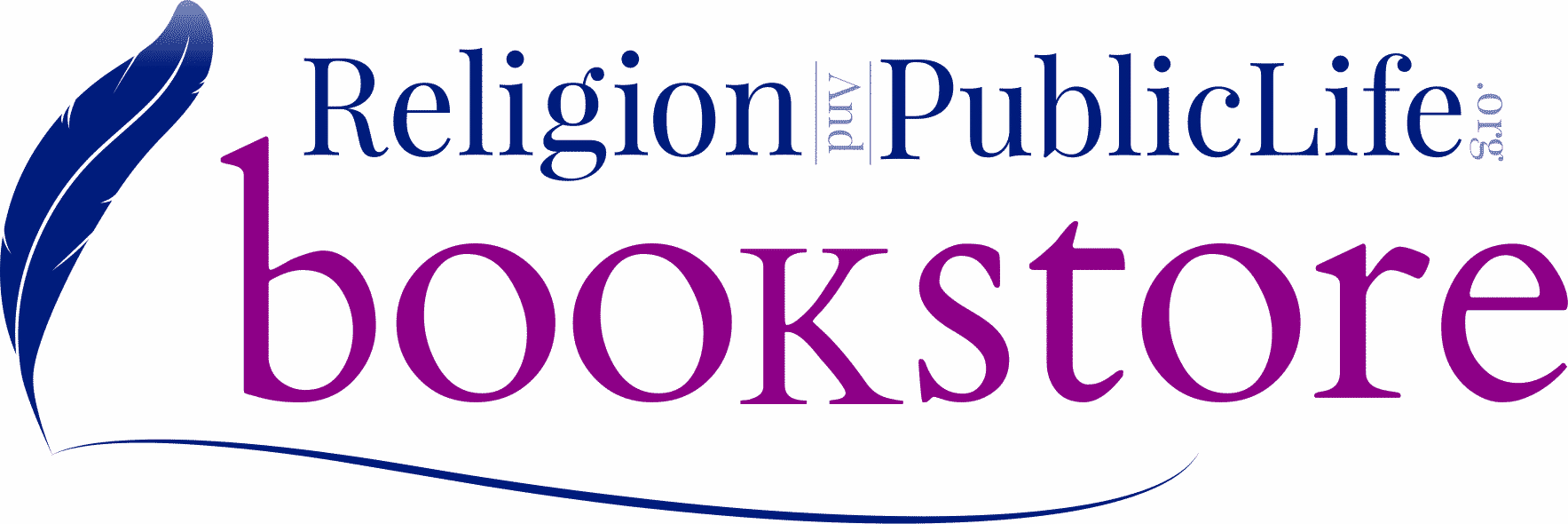INTF 101 Foundations of Interfaith Leadership
What is interfaith leadership? What does it take? What’s its impact? What does excellent interfaith leadership look like? Through this interactive, self-paced course, you’ll explore these questions and more. Ideal both for learners who are new to interfaith leadership and for experienced interfaith leaders who would like a stronger foundation for their work, this course provides a roadmap for developing (or continuing to develop) the vision, knowledge, and skills required to contribute to the realization of a truly interfaith America.
Interfaith America is a non-profit organization that inspires, equips, and connects leaders and institutions to unlock the potential of America’s religious diversity. Interfaith America awards a professional Certificate in Interfaith Leadership to learners who both 1) complete this five-hour, online course AND 2) attend an Interfaith Leadership Summit.* Once you complete this course and attend a Summit, you’ll receive instructions for syncing your digital certificate with your LinkedIn profile.
* If you are unable to attend an Interfaith Leadership Summit in person, please contact Interfaith America for information about virtual alternatives.
High School, College, Graduate, Professional Development
Scholarships Available
For a limited time, we are delighted to offer full scholarships for learners interested in boosting their digital interfaith leadership skills. Enter scholarship code “interfaithfoundations100” in the bookstore cart to receive a full scholarship.
Special Thanks
Interfaith America’s video series on interfaith leadership was made possible thanks to generous funding from the Henry Luce Foundation.
Civic Education for a Common Good
We apply the U.S. Department of Education’s Consensus Statements about Constitutional Approaches for Teaching about Religion
▸ Our approach to religion is academic, not devotional;
▸ We strive for student awareness of religions, but do not press for student acceptance of any religion;
▸ We sponsor the study about religion, not the practice of religion;
▸ We expose students to a diversity of religious views, but may not impose any particular view;
▸ We educate about all religions, we do not promote or denigrate any religion;
▸ We inform students about religious beliefs and practices, it does not seek to conform students to any particular belief or practice.
We apply the American Academy of Religion’s “Religious Literacy Guidelines”
▸ “Religious Literacy Guidelines for College Students.” American Academy of Religion, 2019.
▸ “Teaching About Religion: AAR Guidelines for K-12 Public Schools.” American Academy of Religion, April 2010.
We apply the National Council for the Social Studies C3 Frameworks for Religious Studies
▸ College, Career, and Civic Life (C3) Framework for Social Studies State Standards, “Religious Studies Companion Document for the C3 Framework.” Silver Spring, MD: National Council for the Social Studies, 2017.




